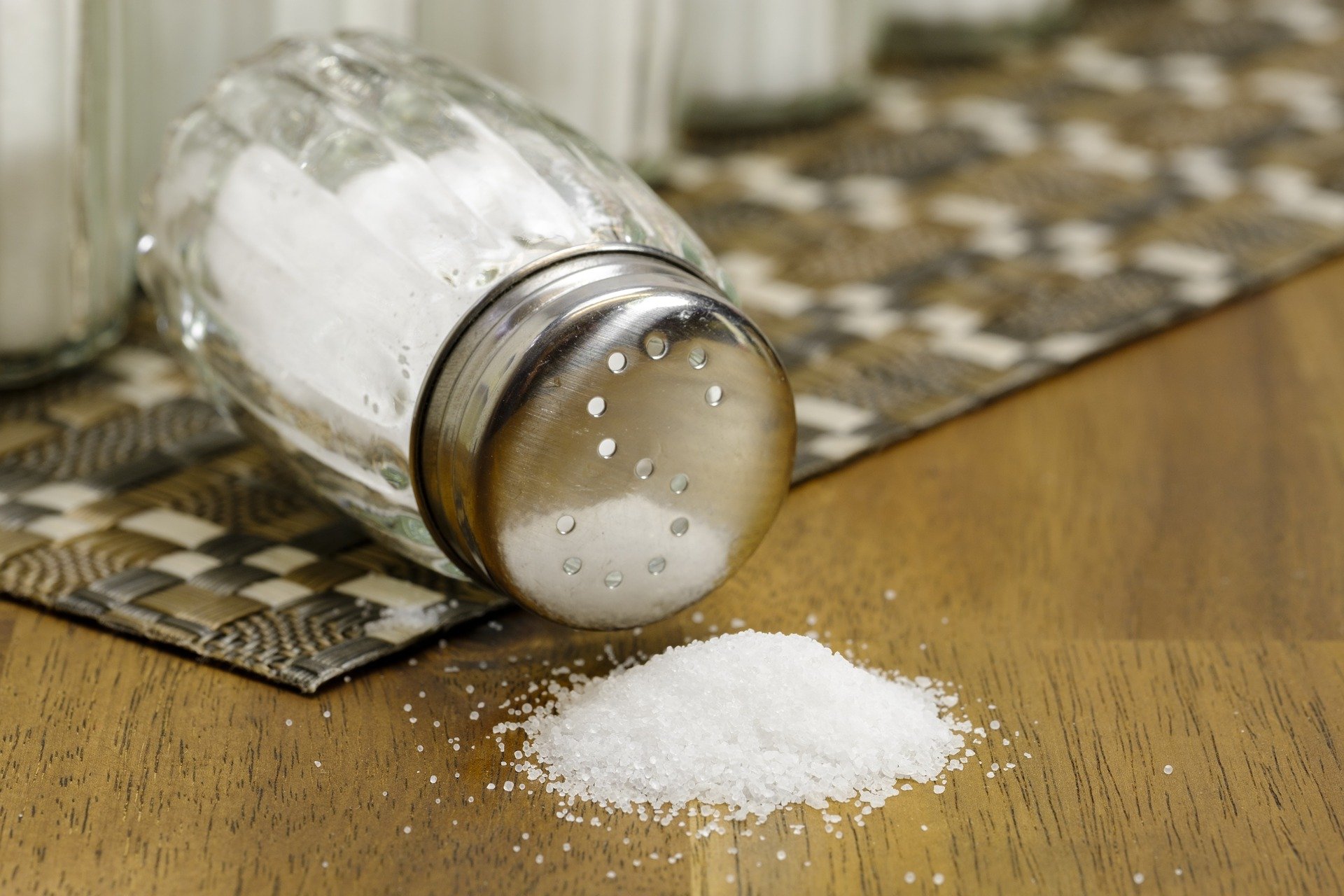By the time we are 70 years old, we can lose up to 70% of our tastebuds. No wonder food can begin to taste so bland. Unfortunately, when we can’t taste our food, we tend to add more seasoning to give it more flavor – often salt or sugar. While both of these are great in moderation, they can cause health problems if our sugar or salt intake gets out of control.
Did You Know? Our loss of taste is sometimes due to natural aging – but it can also be a side effect of prescription medications.
Senior citizens already have a greater risk of contracting diabetes, high blood pressure, autoimmune disorders, obesity, and liver and heart disease. Adding too much sugar and salt can make things even worse. So if you are a senior citizen interested in being as healthy as possible – or a caregiver trying to help your loved one stave off disease – here are some important tips to remember.

- Speak to a physician and establish a baseline: The CDC’s Dietary Guidelines for Americans recommends that you ingest no more than 2,300 milligrams of sodium per day. Added sugars should make up less than 10% of a daily diet regimen. Remember, these are guidelines for the average person – your unique medical condition may necessitate modifications to those levels. Be sure to involve your physician in any dietary decisions. An initial consultation with your physician can establish the right level for you, and subsequent checkups can ensure that your diet keeps you as healthy as possible.
- Eat your breakfast, lunch & dinner: You might think that the most effective way to lower sugar and salt intake is to skip meals. However, this is a dangerous way to go about pursuing health. Without adequate levels of carbohydrates, seniors will begin to crave sugar and may end up overindulging. Instead of skipping mealtime, plan healthy snacks and meals of fresh, natural ingredients that keep cravings at bay. With a bit of strategic planning, you can manage salt and sugar consumption and prevent getting hungry an hour after you eat (because you loaded up on empty, non-nutritious calories.)
- Drink enough water: It seems that no matter the problem, the solution is to drink water. In fact, we have heard admonishments to drink more water so often that we often go in the opposite direction. However, drinking water really is important for your health. Senior citizens, in particular, often experience a marked decrease in saliva production, resulting in dry mouth and lack of taste. Staying adequately hydrated will minimize this issue and flush out excess salt and sugars. Drink water as often as possible, and replace drinks loaded with sugar like soda or sweet tea. If you find plain water too boring, try infusing it with fruit to liven it up.
- Be creative with recipes: Maintaining healthy levels of salt and sugar does not mean you have to retire your favorite recipes – simply look for delicious substitutions! You can decrease the sugar by replacing it with spices such as cinnamon, nutmeg, or vanilla. Fresh fruit or honey will also add natural sweetness without adding sugars that could derail your diet. When cooking more savory meals, try replacing salt with herbs to boost up the flavor. If you live in an assisted living facility, notify the staff that you are interested in a reduced salt or sugar diet.
- Eliminate prepackaged, processed foods: Those who read labels are often shocked to see the sheer volume of salt and sugar hidden in all types of food. Fast Fact: 80% of the sugar and salt you consume is found in foods you would never expect. For instance, ketchup and mustard contain more sugar than most candy bars! If you watch your sugar and salt intake, get used to reading labels. You’ll find that most prepackaged and processed foods contain unacceptable sodium levels.
Maintaining good health is essential as you grow older – and moderating your sugar and salt intake is one way to do just that.
A Banyan Residence is an assisted living and memory care center in Venice, Florida. We are dedicated to all of our residents’ overall health and well-being. If you are looking for a new adult living residence to call home, call today for a tour.
